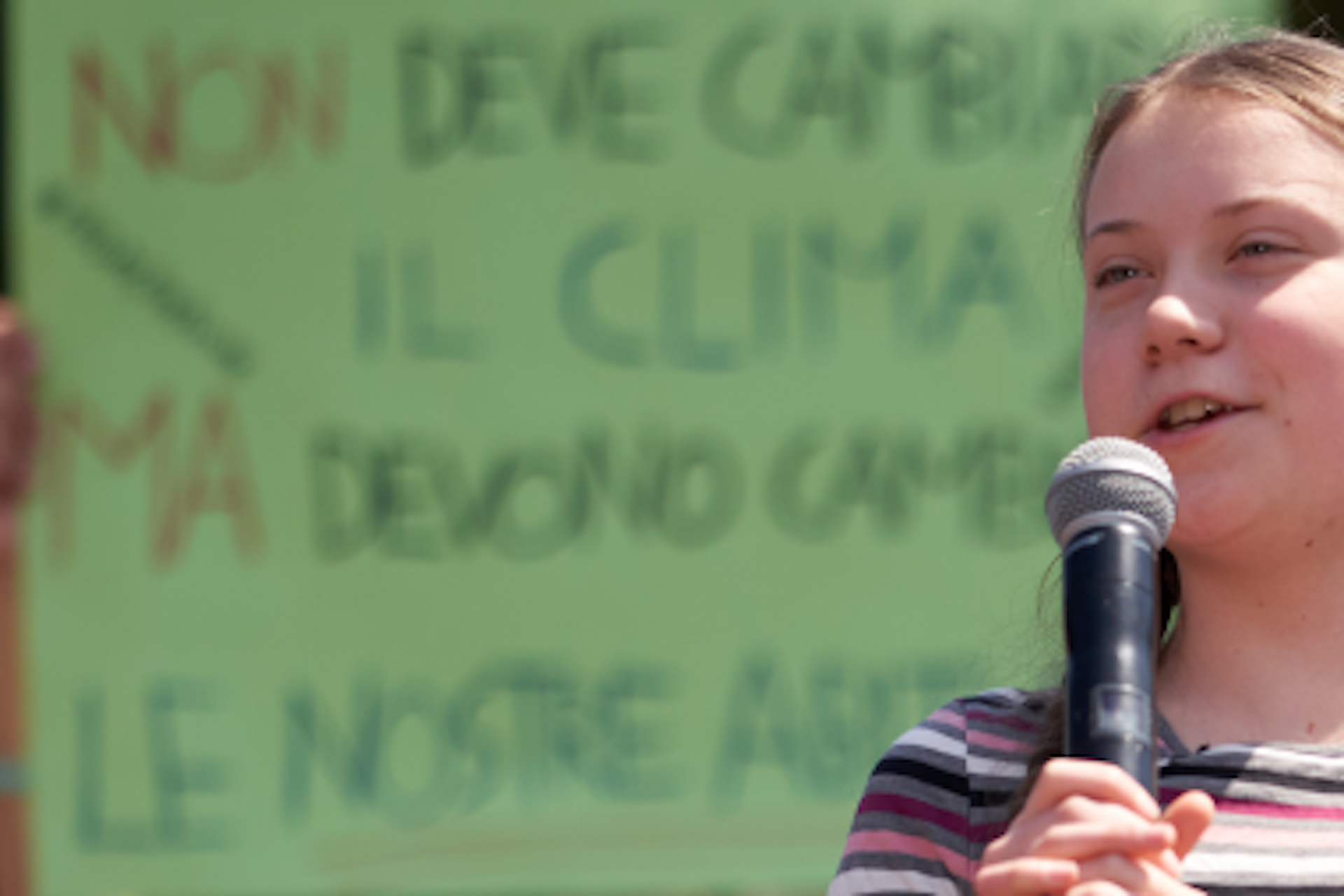Now that the formalities – and an extremely awkward atmosphere – are out of the way at the United Nations Climate Action Summit, environmental activists and climate change analysts are left frustrated with the paradox of inaction sitting in the cavernous hall. The biggest emitters – namely the US, China and India – have offered little to effect change.
Amid the fog of collective resignation at the assembly hall, there were a few rays of light flickering through the throngs of stuffy, suited bureaucrats discussing ways to settle their disputes. The positive outcomes – 70 countries pledged to boost their Nationally Determined Contributions (NDCs) in 2020, almost eight billion dollars in fresh funding from both the Green Climate Fund and Bill Gates and a band of countries and companies have committed to ending coal reliance.
However, a little voice of hope, despair and fury torched the conscience of the reluctant leaders at the summit like the inferno engulfing the Amazon rainforest now. Her braided pigtails slung over her fiery red blouse with eyes fixated at the cumbersome world leaders. The unassuming Swedish 16-year-old Greta Thunberg took them to task with a speech that unabashedly pointed the finger of blame to the bureaucrats in the room. Thunberg, who has addressed the British Parliament and staged protests against her nation’s administrators, admonished the weak steps countries have implemented like only providing financial aid.
Media analytics on Greta Thunberg
The salience of Thunberg’s voice thundered in the media space. Between 20 to 26 September, there were more than 7.5 million social mentions of the young student-activist since her impassioned speech while news outlets around the world mentioned her 93,800 times. However there was a polarity between supporters and detractors on the merits of Greta during the summit. Supporters called the firebrand girl “inspiring” and praised her for being a role model to people who have Asperger’s Syndrome, a developmental disorder suffered by millions. Contrarily, there were some who believed she was a child being exploited by climate change activists and her efforts were unhelpful to the cause by shaming those who had the wherewithal to enact change.
A key point of discussion amongst the myriad of topics was Thunberg’s arch climate change nemesis, US President Donald Trump. Netizens and commentators on social media highlighted the divisive tweet that the “leader of the free world” made in response to Thunberg’s speech. In his tweet, Mr Trump professed that Thunberg “seems like a very happy young girl looking forward to a bright and wonderful future. So nice to see!”. This, in Mr Trump’s nutshell, dismissed any reciprocity from the US.
She seems like a very happy young girl looking forward to a bright and wonderful future. So nice to see! https://t.co/1tQG6QcVKO
— Donald J. Trump (@realDonaldTrump) September 24, 2019
Meltwater also discovered that 21.5% of the total social mentions of Thunberg originated from the US. This is unsurprising as the summit was held in New York and also included the highly publicised spat with the Commander-in-Chief. However, a quick glance at the top five countries highlighted an anomaly – the two other biggest emitters, China and India, were far from that number, with China not even on the list. In fact, there was not single Asian country, aside from India, in the top ten. Does this mean that social conversations on climate change were not prominent enough in Asian countries? Probably, and hopefully this insight can help spur key leaders to raise awareness in their regions.
Social media analytics on Global Climate Strike
Another event that preceded the UN Climate Action Summit is the ongoing Global Climate Strike (GCS). Climate change activists have been in full force globally with more than 3.58 million social mentions of the event since its launch on 20 September. Strikes were reported across numerous major cities including Melbourne, Singapore and even Thunberg’s home, Stockholm. The majority of the mentions were aimed to generate awareness of climate change and calling people – from students to postal workers – to go on strike on Fridays to pressure decision makers. While on the other side of the spectrum, topics ranged from conspiracy theories of the climate action movement and debunking facts put forth by the activists.
We don’t know if Thunberg’s furious plea had the impact that was intended with participants at the Summit. What we do know is that her words struck a chord with the international public like we haven’t seen before. Inspiring us to pay attention and put pressure on our leaders. Only time will tell if this enthusiasm and fervour is here to stay.
